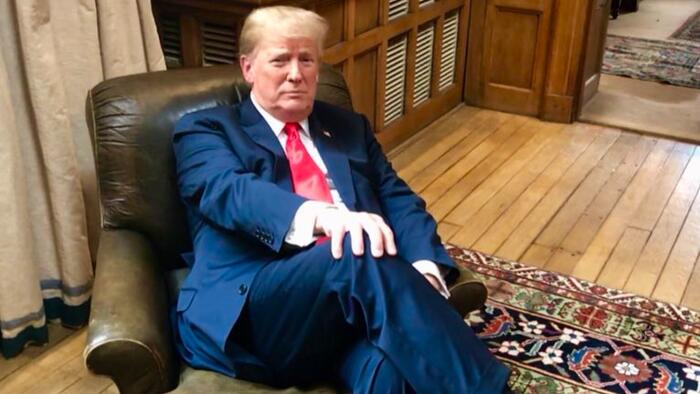In January 2024, Republicans will assume control of the federal government with President-elect Donald Trump achieving a substantial victory in the Electoral College, winning 312 to 226 against Vice President Kamala Harris. Despite this win, the popular vote showed a narrower margin, with Trump at 49.9% and Harris at 48.4%. This outcome, along with a slim House majority and a precarious Senate situation heading into the 2026 elections, suggests that it is premature to declare a definitive political realignment in favor of the GOP. The future of the Republican Party hinges on consolidating Trump’s diverse coalition of working-class voters built over the past nine years, particularly as they navigate the complex dynamics of race, class, and ideology in the current political landscape.
During the 2024 election, Trump saw remarkable electoral improvements from 2020, notably increasing support across nearly all counties and securing a rise in minority groups like Black, Latino, and Asian voters. While female voters leaned toward Harris, Trump’s appeal widened among women. An encouraging trend emerged among younger voters, with a significant majority expressing satisfaction with his election. Harris could only enhance Biden’s performance among white, college-educated voters, indicating a potential shift in more diverse demographics towards the GOP. This diverse support stems from several key factors, including the dissatisfaction with the apparent lawlessness, high inflation, and rising crime that characterized the Biden administration’s tenure.
The appeal of Trump and the GOP can further be attributed to their positioning as disruptors amid effective messaging that resonates with various voter groups. Notably, Trump championed radical reform, which captured the imaginations of entrepreneurs and technically skilled individuals. In contrast, the perception of Biden’s presidency suffered from memories of discontent regarding immigration, crime, and economic challenges. Additionally, the advancements in advocacy for Diversity, Equity, and Inclusion (DEI) programs, coupled with contentious debates around transgender rights, galvanized conservative voters who felt marginalized and attacked by the cultural shifts ushered in under Democratic leadership.
This landscape reveals a growing aversion to what many see as the “woke” culture, popularly branded by critics as a threat to American values. Originally a term denoting awareness of social injustices among African Americans, “woke” has mutated into a catch-all descriptor for progressive attitudes perceived to have infiltrated various societal sectors. Woke progressivism posits a worldview entrenched in the binaries of oppressors and the oppressed, suggesting that societal virtue is intrinsically linked to victimhood. It champions systemic critiques of American history and institutions while endorsing policies that emphasize equity over equality. As a result, many traditional constituencies feel excluded and criticized, including white men and their families, who may see this ideology as antagonistic and oppressive.
Prominent commentators like Maureen Dowd and William Deresiewicz critique the pervasive influence of academia-driven ideology influencing public policy and societal discourse. Deresiewicz argues that the cultural revolution, originating in the university sphere, has shaped the political landscape significantly, promoting ideas that challenge cornerstone institutions, family structures, and traditional values. The implementation of community programs ostensibly aiming at social justice often inadvertently alienates many citizens who feel that meritocracy is being undermined and that a hierarchy of grievances is being established, ultimately failing to resonate with a broader demographic.
Studies, such as those conducted by the Network Contagion Research Institute, reinforce concerns regarding the impact of DEI practices on social cohesion, revealing that they may incite distrust rather than foster inclusivity. Individuals exposed to DEI rhetoric demonstrated a higher tendency to perceive bias where none existed, an insight that dovetails with the cultural discontent many feel with elite universities and their teachings. This growing alienation, coupled with increasingly polarized political discourse, opens the door for Trump’s coalition—encompassing a diverse array of citizens who value freedom and democracy—to potentially solidify and expand its influence in future elections, setting the stage for unprecedented shifts in the political realm.

